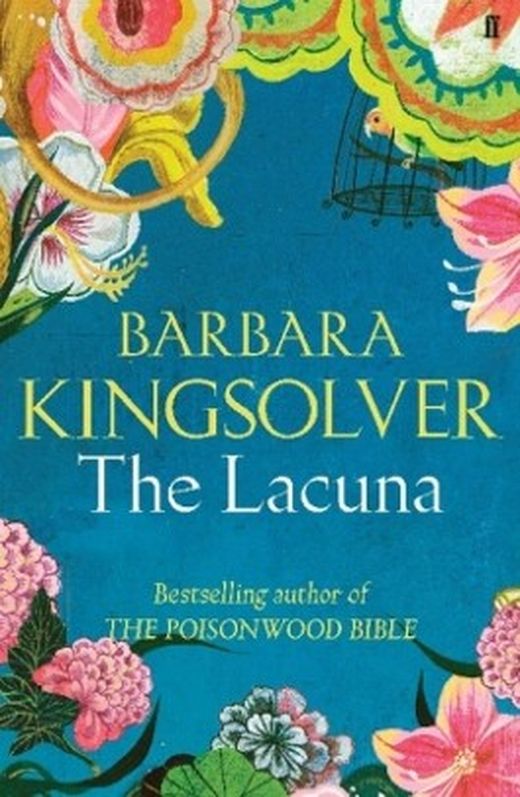

The Lacuna, Kingsolver juxtaposes archival material with fictionalized articles.


The "yellow press" was at its flamboyant height in the 1920s, '30s and '40s, full of purple prose, slanderous hyperbole and rampant editorializing. The mention of Dos Passos is a nod to an author whose method of using newspaper clippings in his fiction obviously influenced Kingsolver. Even so, Trotsky reminds him, weary citizens read to "liberate" themselves from worry, and he presents him a copy of John Dos Passos's He observes that Kahlo makes art that "rubs up against the soul," Rivera makes murals to speak on behalf of "the people," Trotsky writes to "liberate" others, but Harrison writes purely to entertain. And being photographed by the papers."Īnd it's true, as Harrison observes about himself, "I chose the writing profession so I can work in my pyjamas," not die in them. who lie every day without hesitation." Like the monkeys, "one starts, soon the whole forest is bellowing, loud as thunder." The struggle for privacy hits home when, after admiring Trotsky's collection of fancy pyjamas, Harrison is told: "Most people don't have to think of dying in their pyjamas. "The howlers" is a metaphor for liars, gossips, nosey neighbours and, above all, "the yellow press. The only constant for him are his notebooks, where he can fill in the lacunae, the gaps, with his own versions of history, where he "can live by imagination alone."ĭwelling in the imposing shadows of his famous friends forces Harrison to realize that his mother's fear of the howlers went beyond distaste for pesky monkeys. Harrison's scribblings become observations of the world around him where "everything changes, while you stand shivering in the corridor waiting to slip through one world into the next." One moment he is living on his island, the next he is dragged to Mexico City, the next he is sent home to his father in Washington, D.C. One afternoon, as his mother is dressing for a date, she describes the new prospective husband as "richer than God." Harrison teases back with: "Then he must have sunrise in his pockets and mercy in his shoes." She stops in her tracks and looks at him, and gasps, "You made that up, it's a poem." Then hastens to add: "You'd better write this in your scrapbook, the story of what happened to us in Mexico." And she gives him his first line, "In the beginning were the howlers." And this time, he heeds her, because she has seen him for what he is, a lover of words, a poet.


 0 kommentar(er)
0 kommentar(er)
